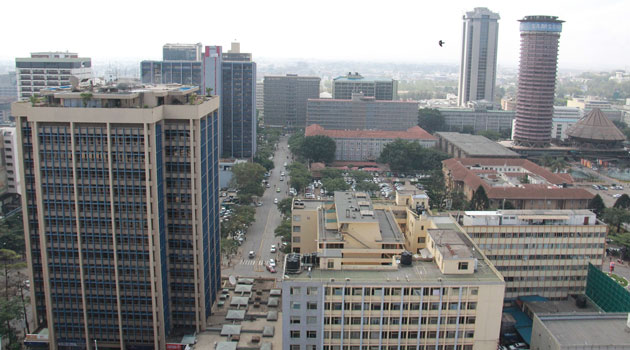
Nigeria leads the list followed by the Democratic Republic of Congo, Tanzania, Ethiopia and Madagascar/FILE
Nigeria leads the list followed by the Democratic Republic of Congo, Tanzania, Ethiopia and Madagascar.
The situation in the country has been attributed to high levels of inequality in terms of development which is concentrated in urban areas rather than the rural areas.
Launching the report on Tuesday, the Institute Executive Director Jakkie Cillers said with pro-poor policies that try to provide social assistance and other support to rural areas and poor people, the country can fairly enjoy massive reduction of poverty.
“Social insurance can be used to help those who are vulnerable to adapt to shocks without suffering the kinds of losses that drive people to or keep them in poverty,” he stated.
“Many countries already have programmes like these, but they are often fragmented and do not typically form part of a broader package of social protection schemes.”
Cillers said if accountability measures are put and fully implemented, devolution may also boost the Government efforts to spread its resources equitably as a result developing the rural areas of the country.
He further recommends that the Government should invest more in education and infrastructures development which is currently focused on the urban elite rather than the poor in the rural areas.
Even with aggressive poverty reduction interventions, he pointed out that Kenya will not meet its Millennium Development Goals (MDGS) target on poverty reduction but, “reducing inequality will boost the impact of economic growth on the reduction of poverty.”
The report also recommended that there is need for the Government to provide high quality education that is linked to Labour market needs and universal healthcare that is free at the point of delivery.
It furthers calls for change to the social institutions that permit discrimination and unequal power relationships.
“There should be improvement in gender empowerment, decreased time to achieve gender parity in education and improvement in female Labour force participation,” it reads.








































